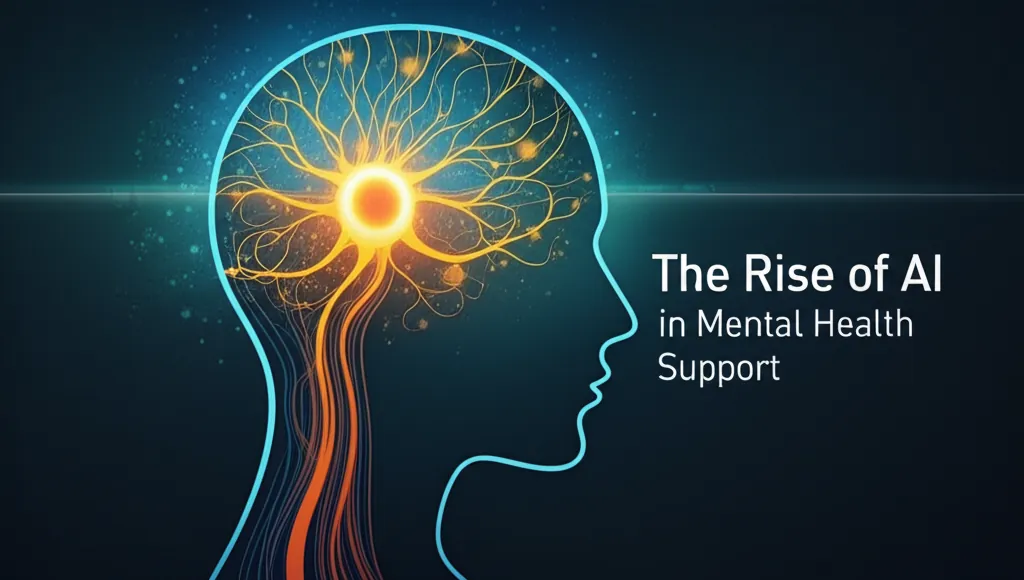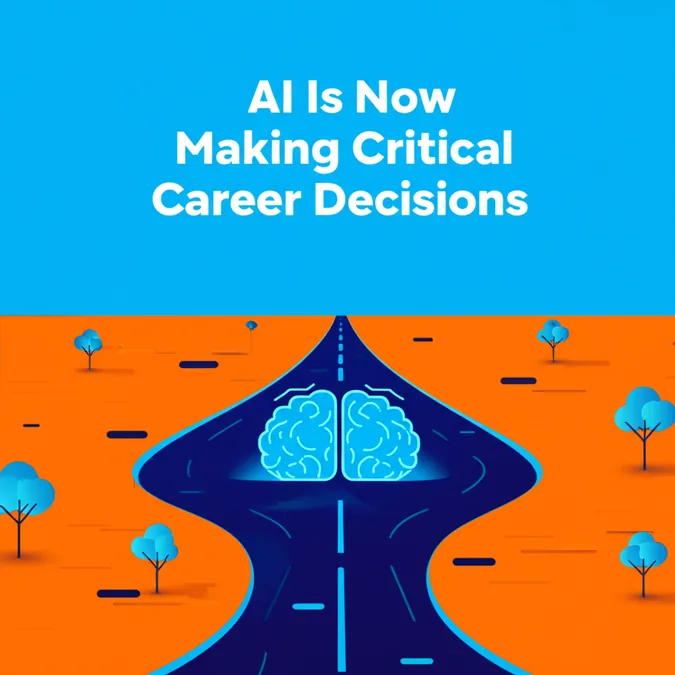开发者专属优惠
试用 ImaginePro API,领取 50 个免费积分
使用 Midjourney、Flux 等构建 AI 视觉体验——免费积分每月重置。
The Unseen Impact of AI on Student Mental Health
Artificial intelligence, particularly tools like ChatGPT, is rapidly becoming a staple in academic life. While these technologies offer unprecedented support for learning and productivity, a crucial question is emerging: What is the effect on students' mental health and cognitive development? Recent research is beginning to shed light on this complex issue, suggesting that the consequences—both positive and negative—are significant.

A preliminary, non-peer-reviewed study from MIT offers a startling glimpse into the potential neurological changes. Over four months, EEG measurements revealed that students using ChatGPT to write essays displayed the lowest brain activity compared to those using search engines or their own creativity. As Media.MIT.edu elaborated, key variables included diminished neural connectivity and memory recall. These findings, as Time.com reported, have amplified concerns about sacrificing long-term brain development for short-term convenience. For mental health professionals, this signals a need to assess how AI use impacts students across key areas like motivation, resilience, and relationships.
AI's Double-Edged Sword for Student Motivation
The MIT study noted a troubling trend: ChatGPT users grew progressively "lazier," often resorting to simple copy-pasting and showing less ownership of their work. This potential drain on academic motivation is a red flag for mental well-being. Unmotivated and bored students are more susceptible to other issues, as a 2019 Columbia University report linked boredom to risky behaviors, anxiety, and depression.
Conversely, high motivation is a sign of a thriving student. A 2023 study in Behavioral Sciences found that motivated students are more engaged and enjoy their classes more. Here, AI could be part of the solution. A separate 2024 study described ChatGPT as a tool that can increase student productivity and freedom, potentially boosting academic engagement. This paradox suggests that for some, AI may be a cause of low motivation, while for others, it could be the cure.
Can Over-Reliance on AI Weaken Student Resilience?
Resilience, the ability to cope with challenges, may also be affected. In the MIT study, when asked to rewrite an essay without AI assistance, former ChatGPT users struggled to remember their own work and showed under-engagement in crucial alpha and beta brain waves. This is significant because there is a well-established link between brain waves and mental health.
According to Thomas Jefferson University, alpha waves are tied to relaxation and serotonin release, acting as a natural anti-depressant, while beta waves are vital for problem-solving. A decline in these areas could mean students are more stressed and less creative when facing difficulties. However, AI isn't solely a crutch. The American Psychological Association noted in 2023 that AI can be an effective learning tool that promotes critical thinking, helping students overcome academic hurdles.
The Connection Between AI Use and Social Well-Being
Strong social support is a cornerstone of mental health, serving as a protective factor against distress, as confirmed by a 2024 study in the Journal of Mental Health. This raises questions about how AI interaction might displace human connection. One study highlighted by MIT found that while AI chatbots could initially curb loneliness, high daily use was ultimately associated with greater dependence and lower socialization. While a 2025 OpenAI paper argues few users have deep emotional chats with AI, the content of these interactions can be concerning. A report in Time revealed alarming AI responses given to a psychiatrist posing as a teen, including suggestions to get rid of parents.
Ultimately, the impact of AI in academia is not uniform; it is highly dependent on the user. As these tools become normative, it is essential for educators and counselors to assess for maladaptive use while simultaneously exploring how to harness their benefits to support a new generation of students.
对比套餐与价格
选择适合工作量的套餐,全面解锁 ImaginePro 功能。
| 套餐 | 价格 | 亮点 |
|---|---|---|
| 标准版 | $8 / 月 |
|
| 高级版 | $20 / 月 |
|
需要定制条款?联系我们调整积分、速率限制或部署方案。
查看完整价格详情

